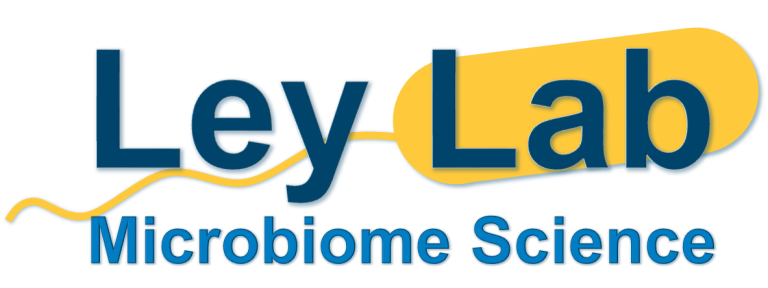Our new paper on the evolutionary histories of the human gut microbiota is out in Science. The work was led by Taichi Suzuki and Liam Fitzstevens along with the Ley lab team: Victor Schmidt, Hagay Enav, Kelsey Huus, and Mirabeau Mbong.
We asked whether microbial strain diversity in our gut arises from a shared evolutionary history (codiversification) between humans and their gut microbes. By collecting paired gut metagenomes and human genomes for 1225 individuals in Europe, Asia, and Africa, including mothers and their children, we compared phylogenetic trees of human participants to that of ~60 common gut microbial species. We discovered that host-microbial codiversification was widespread in the human gut microbiota. Moreover, species displaying the strongest codiversification independently evolved traits characteristic of host dependency, including reduced genomes and oxygen and temperature sensitivity. The study helps to develop population-specific approaches in microbiome-based therapies and to understand the evolution of microbial symbionts in the human gut.
Full article in Science: https://www.science.org/doi/10.1126/science.abm7759
A perspective in Science: https://www.science.org/doi/10.1126/science.ade2879
News article in The Conversation


